
Building a Global Mindset with Maria Selva ‘18
Maria Selva ’18 went from growing up in Mexico to leading global marketing campaigns for HBO Max. She shares how Pace helped shape her path—and offers advice for navigating a career in international marketing.
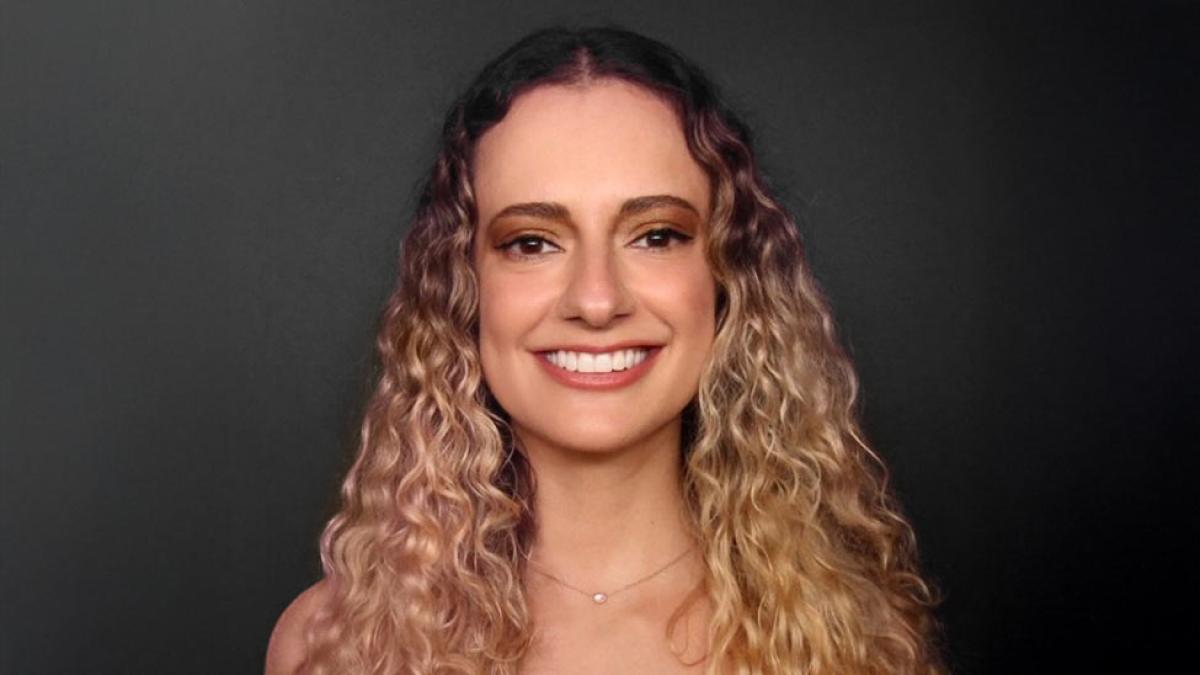

Maria Selva ’18, Senior Marketing Operations Manager at Upfluence and former Global Marketing Operations Manager at HBO Max, shares how her Pace education helped launch her global marketing career. In this episode, Maria walks us through her journey from growing up in Mexico to managing campaigns for Game of Thrones and The Last of Us. She reflects on the power of cultural connection, navigating imposter syndrome, and finding your voice in a global industry.
This episode was recorded on October 27, 2025.
Tune into the Lubin Link podcast to hear how guests went from go-getting Lubin students to successful entrepreneurs, social media mavens, directors, CEOs, and beyond. They offer their best tips to students and share how you can make the most out of your #LubinLife.
Trump Said to Demand Justice Dept. Pay Him $230 Million for Past Cases
Pace Haub Law Professor Bennett Gershman was featured extensively across national outlets analyzing the deep ethical and constitutional implications of former President Donald Trump’s ongoing legal and political battles. In The New York Times, Professor Gershman called President Trump’s demand that the Justice Department compensate him for past investigations “bizarre,” highlighting its profound ethical conflicts.
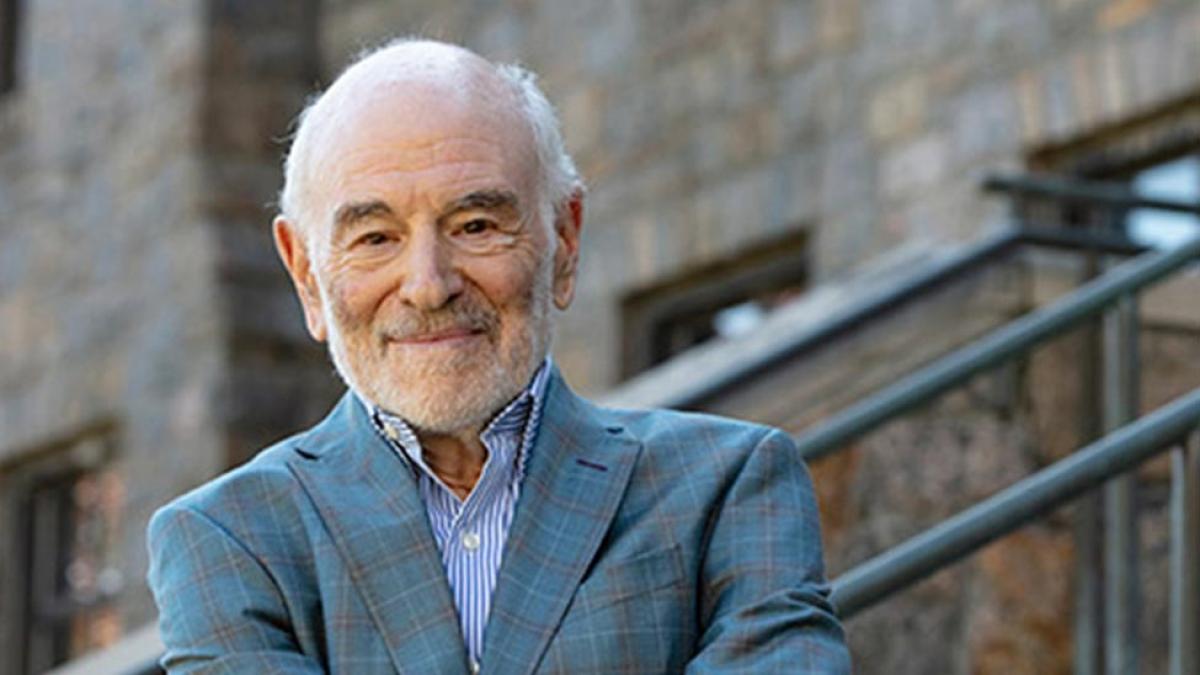
Proud Boys Should Be Deputized to Hunt Migrants, Says GOP Candidate
In Newsweek, Professor Gershman denounced proposals from political candidates to deputize vigilante groups, calling the rhetoric “insane” and warning it would edge the nation toward authoritarianism.
The cybersecurity program of your firm: a quiz and roadmap for next steps
In a Reuters op-ed, Law Professor John Bandler offers a practical cybersecurity quiz to help organizations evaluate and improve their digital defenses. Drawing on his expertise in law, cybersecurity, and compliance, Bandler outlines clear, actionable steps to strengthen readiness and reduce risk.
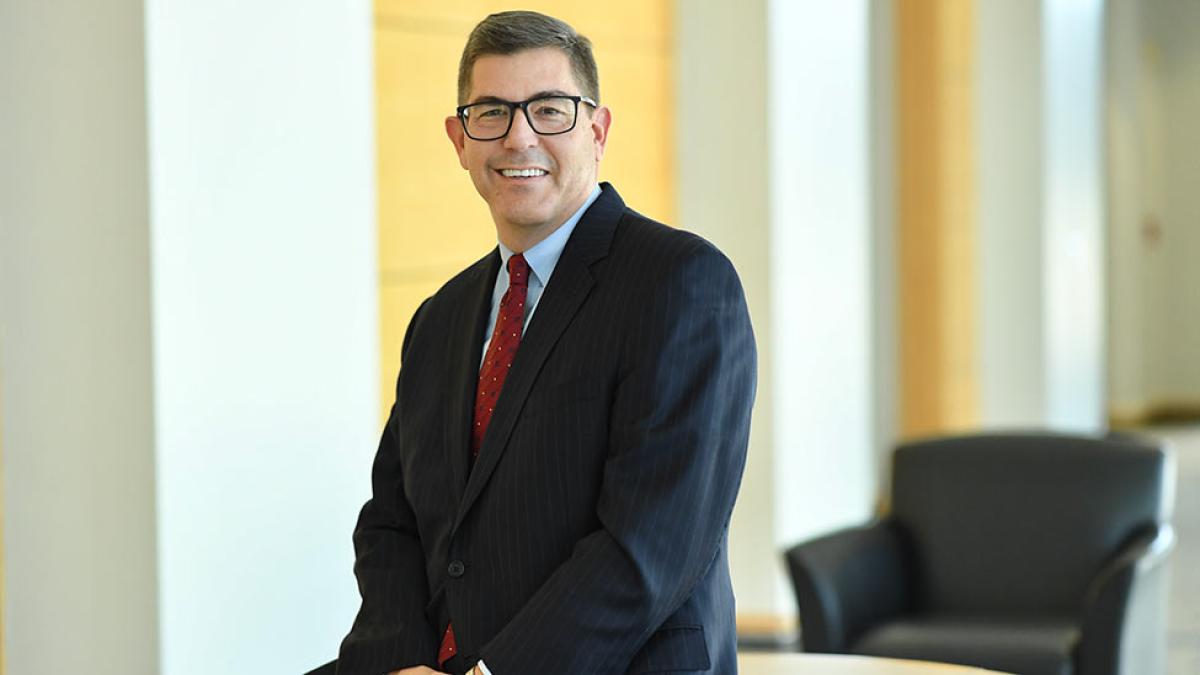
Flowers Foods Gets High Court Eye on Another Arbitration Row
Bloomberg Law turned to Law Professor Imre Szalai for analysis of Flowers Foods Inc. v. Brock, a U.S. Supreme Court case poised to redefine how courts interpret the “transportation worker exemption” under the Federal Arbitration Act. Szalai explained how the Court’s decision could alter the balance between corporate interests and worker protections nationwide.
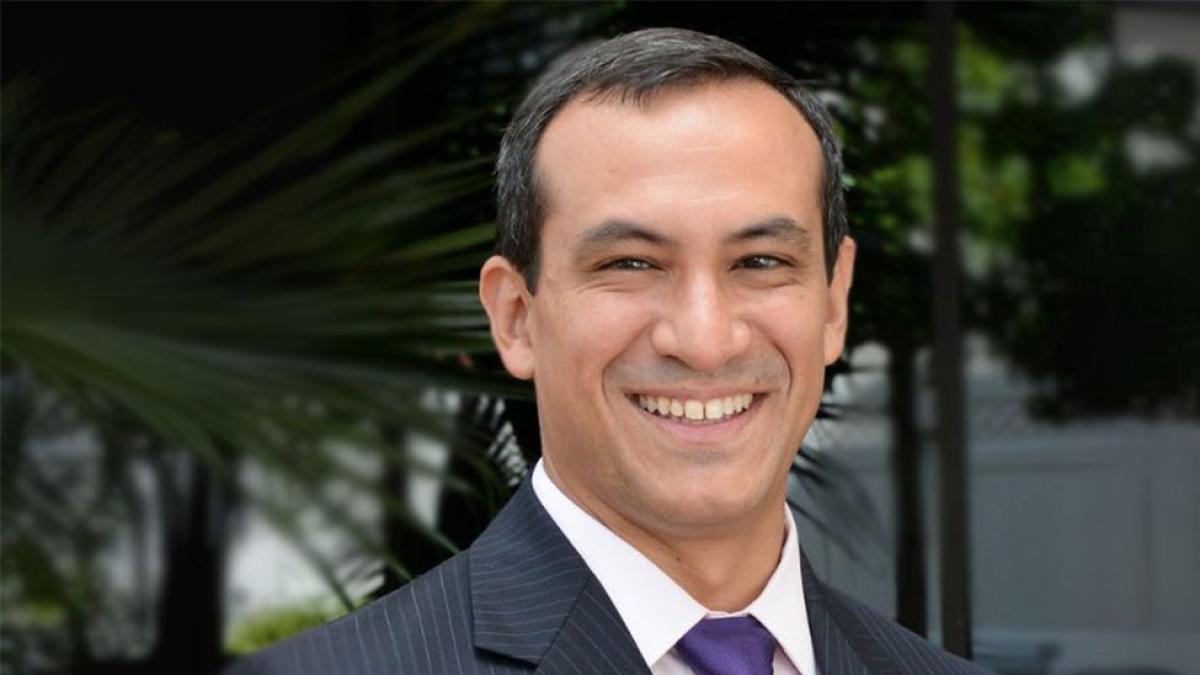
North West Rocks Bold Concert Look After Mom Kim Kardashian Defends Style
Dyson Professor Melvin Williams speaks to USA Today about media coverage of Kim Kardashian’s daughter, North West, and the public response to her appearance. Williams noted that the debate illustrates how celebrity culture often projects adult expectations onto children, observing that “the public often denies their childhood innocence and subjects them to a sexualized gaze.”
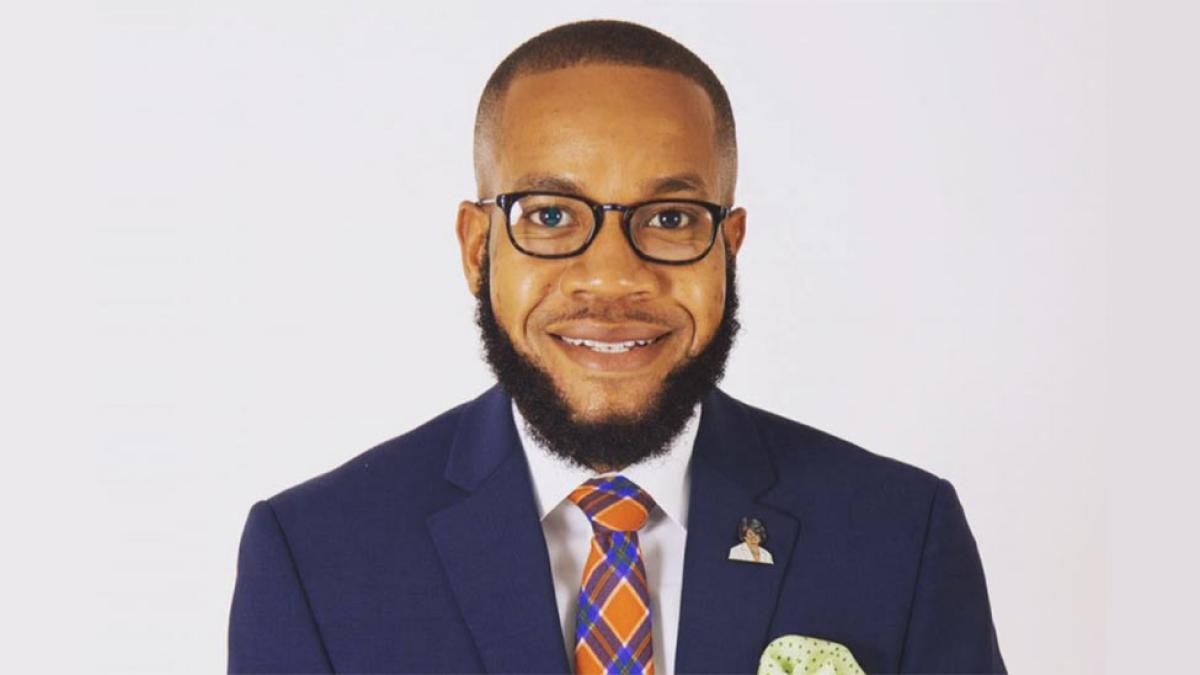
How to Gain Weight the Right Way
In GQ, CHP Professor Christen Cooper emphasized that healthy weight gain requires consistency and realistic expectations. “Americans just want a quick fix,” Cooper said, advising that true progress comes from long-term nutrition, fitness, and lifestyle balance — not shortcuts or supplements.
Mamdani Can’t Fulfill Campaign Promises Alone, But Has ‘Realistic Path’
Dyson Political Science Professor Laura Tamman provides expert commentary to Newsweek analyzing the political feasibility of Zohran Mamdani’s campaign proposals. Professor Tamman noted that while Mamdani faces limits in implementing his platform, his universal child-care initiative has key gubernatorial support — a significant endorsement that could make his agenda viable.
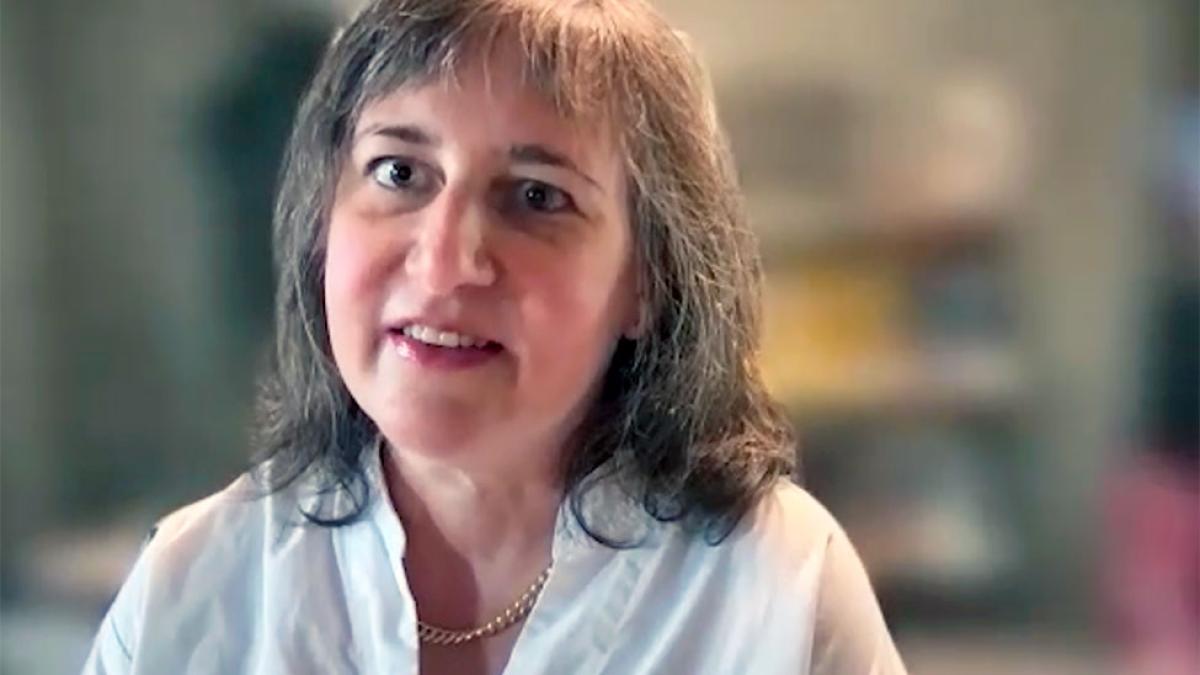
Best Baseball Cities in 2025
In WalletHub’s national feature ranking the best baseball cities in America, Dyson Professor Michelle Pulaski Behling contributed her expertise on community engagement and fan culture, helping contextualize what makes a city’s sports identity thrive beyond simple statistics.
